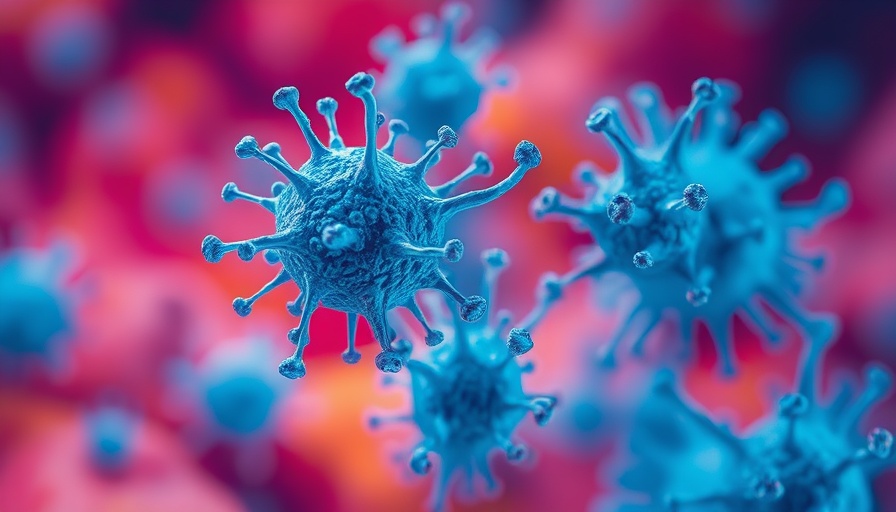
Understanding Cancer Metastasis: A Serious Threat
Cancer metastasis is the most formidable adversary in the fight against cancer. It is precisely when cancer cells spread from their original site that the prognosis worsens substantially. While localized breast cancer boasts a five-year survival rate of approximately 99%, that rate sadly plummets to just 27% when the disease has metastasized. This stark contrast highlights the urgency for innovative strategies to combat cancer spread, especially amidst stagnant advancements in treatment.
The Role of Diet in Cancer Survival
Recent studies suggest that dietary choices can have profound implications on cancer outcomes. For instance, randomized controlled trials indicate that reducing saturated fat intake can improve breast cancer survival rates. This relationship hinges on the fat receptor CD36, which plays a crucial role in the spread of cancer cells. Elevated levels of palmitic acid, a saturated fat found in animal products and processed foods, can significantly increase CD36 activity and potentially enhance cancer metastasis.
Saturated Fats vs. Healthier Fats
Research also highlights a startling link between high-fat dairy consumption and an increased risk of mortality among breast and prostate cancer patients. For example, those consuming high-fat dairy were found to have a nearly 50% higher risk of dying from breast cancer. Conversely, switching to low-fat options does not appear to carry the same risk. This distinction emphasizes the need to understand not just the quantity but the quality of the fats we consume.
Empowering Patients with Nutritional Guidelines
Many patients diagnosed with cancer view their situation as a 'teachable moment,' motivating them to reassess their dietary habits. With this in mind, nutritionists are urging healthcare providers to offer evidence-based dietary interventions focusing on lower fat intake as part of a comprehensive cancer care plan. One clinical trial demonstrated that women with early-stage breast cancer could reduce their dietary fat intake significantly for improved outcomes.
Future Directions: The Anti-Cancer Diet
As we look towards the future of cancer management, there is a growing movement toward promoting diets that emphasize plant-based options, such as the Mediterranean and Blue Zone diets. These diets, known for their anti-aging properties, not only support longevity but may also help mitigate cancer risks. By incorporating more fruits, vegetables, whole grains, and healthy fats into our meals, we can create a formidable line of defense against not just cancer but a suite of chronic diseases.
Taking Action: Your Dietary Choices Matter
Understanding the power of our food choices can feel empowering. Individuals looking to enhance their health through diet can easily explore options like intermittent fasting, caloric restriction, and other emerging longevity diets. As we learn more about the connection between nutrition and cancer survival, making informed dietary decisions becomes paramount in our everyday lives.
Incorporate more anti-aging foods and adopt insights from various diets that promote wellness and vitality. Your next meal could pave the way toward a healthier future.
 Add Row
Add Row  Add
Add 




 Add Row
Add Row  Add
Add 


Write A Comment